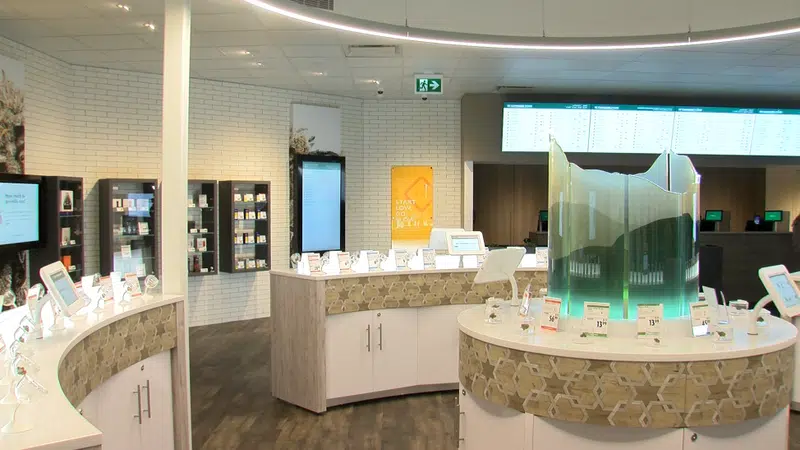
Where the business licensing process is at for legal cannabis retail applicants in BC
KAMLOOPS — Having cannabis go from being legal for medicinal use in Canada, and become legal for recreational use means there is a lot to learn when navigating its implementation.
Between getting the illegal cannabis dispensaries to cease operations, having background checks conducted for potential license holders, and working through hundreds of business license applications, the BC Government has had a steady stream of work to be done since legalization.
BC’s Minister of Public Safety and Solicitor General, Mike Farnworth, says getting the retail cannabis model running smoothly is an ‘evolutionary’ process.
“We said that it’s going to take a couple of years for a fully functioning retail market to get in place,” he says, “And I think that’s something that has been experienced right across the country.”


